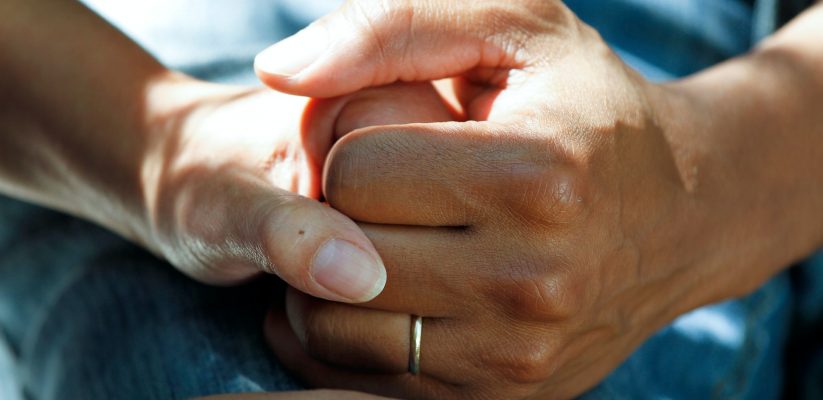Authors: Dr Tina Cartwright, Reader in Social Sciences, University of Westminster, Dr Fauzia Knight, Research Fellow in Social Sciences, University of Westminster, Professor Damien Ridge, Social Sciences, University of Westminster, Professor Catherine Loveday, Social Sciences, University of Westminster
September is World Alzheimer’s month, organised by Alzheimer’s Disease International (ADI) to raise awareness about dementia globally. Dementia affects more than 50 million people worldwide, with Alzheimer’s disease being the most common form. Informal carers play a vital role in supporting partners and family members living with Alzheimer’s disease, but caring is challenging, and this has only been exacerbated by the pandemic. We have been working with ADI and other partners over the past year to deeply understand the experiences of carers of people living with Alzheimer’s (PLWA) so that we can better tailor support for carers. To do this, we are working across four very different countries – the UK, US, Brazil and South Africa. Roche has provided funding and, alongside ADI, has contributed to the development and design of the study.
Why is this important?
Caring for a Person Living With Alzheimer’s (PLWA) is frequently rewarding, but also typically very challenging, involving stress, loneliness, and loss of identity. In comparison to carers of people living with other long-term conditions, carers of PLWA often have poorer physical and emotional health.
The COVID-19 pandemic aggravated these challenges, with many carers having to spend more time caring for their loved ones, heightening their loneliness and isolation. This has had considerable impact on the mental and physical health of both PLWA and their carers.
Our project therefore aims to build a more in-depth understanding of the experiences of carers during the pandemic, comparing experiences of accessing support in countries with differing health and social care systems, as a means of finding common and local solutions to supporting carers.
Our study
Working with partners in each country, we are asking carers to complete a short online survey that explores carers wellbeing, what kinds of support services they use and find helpful, and how the pandemic has changed behavioursrelated to health service access and use. Additionally, we are interviewing a smaller number of carers in each country to provide a deeper, more nuanced account of carers lived experiences of caring and accessing support during and following the pandemic.
In the qualitative interviews, we are using photo-elicitation which involves the use of respondent generated photographs or other visual images within an interview to reveal hidden contexts and deeper narratives that might usually go untold. Participants are asked to select and send photographs and/or other visual images prior to the interview, which they feel represent their perceptions and experiences of caring during the pandemic. During the interview, the participant is asked to describe what the photo represents and its meaning in relation to their caring experiences (see example below). The use of visual images is known to lead to richer accounts about the topic that is being researched, in comparison to interviews alone. Taking or selecting their own photos also gives participants a sense of agency over the interview process.

Kirk is 68 and looking after his mother who was diagnosed with Alzheimer’s disease more than 7 years ago. He lives with her in a home they share. He used this image to talk about the fact that he regularly sleeps on the floor by his mother’s bed, or in this armchair, ‘wherever’ as he needs to be near his mother.
He also chose this empty armchair as a metaphor because there is no-one else in the house.
Value to the Alzheimer’s community
We are still collecting data, but we hope that the research will give a voice to carers of PLWA, helping us to better shape the support provided to carers in the wake of a global pandemic. By working with ADI, our findings can inform the policy and local advocacy activities of Alzheimer’s disease support organisations. The unique cross-cultural research angle promotes local and generalisable insights of carer experiences across countries with varying healthcare systems and forms of support.
Do you care for someone living with Alzheimer’s disease or know someone who might like to take part? For more information or to take part in the research, visit: www.westminster.ac.uk/portraits-of-care
- Obesity as a genotoxic environment - April 28, 2023
- Dalit History Month and its significance - April 20, 2023
- A professor is going to live in an underwater hotel for 100 days – here’s what it might do to his body - April 13, 2023

I have been perusing posts with respect to this point and this post is one of the most fascinating and enlightening one I have perused. Much thanks to you for this!